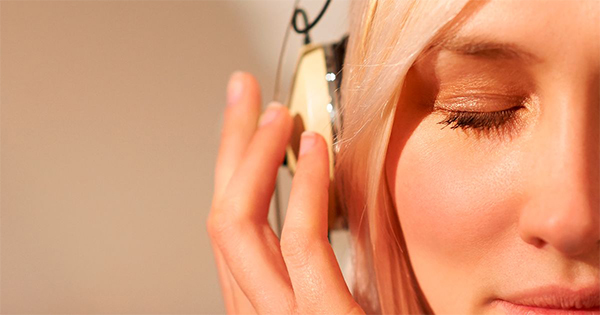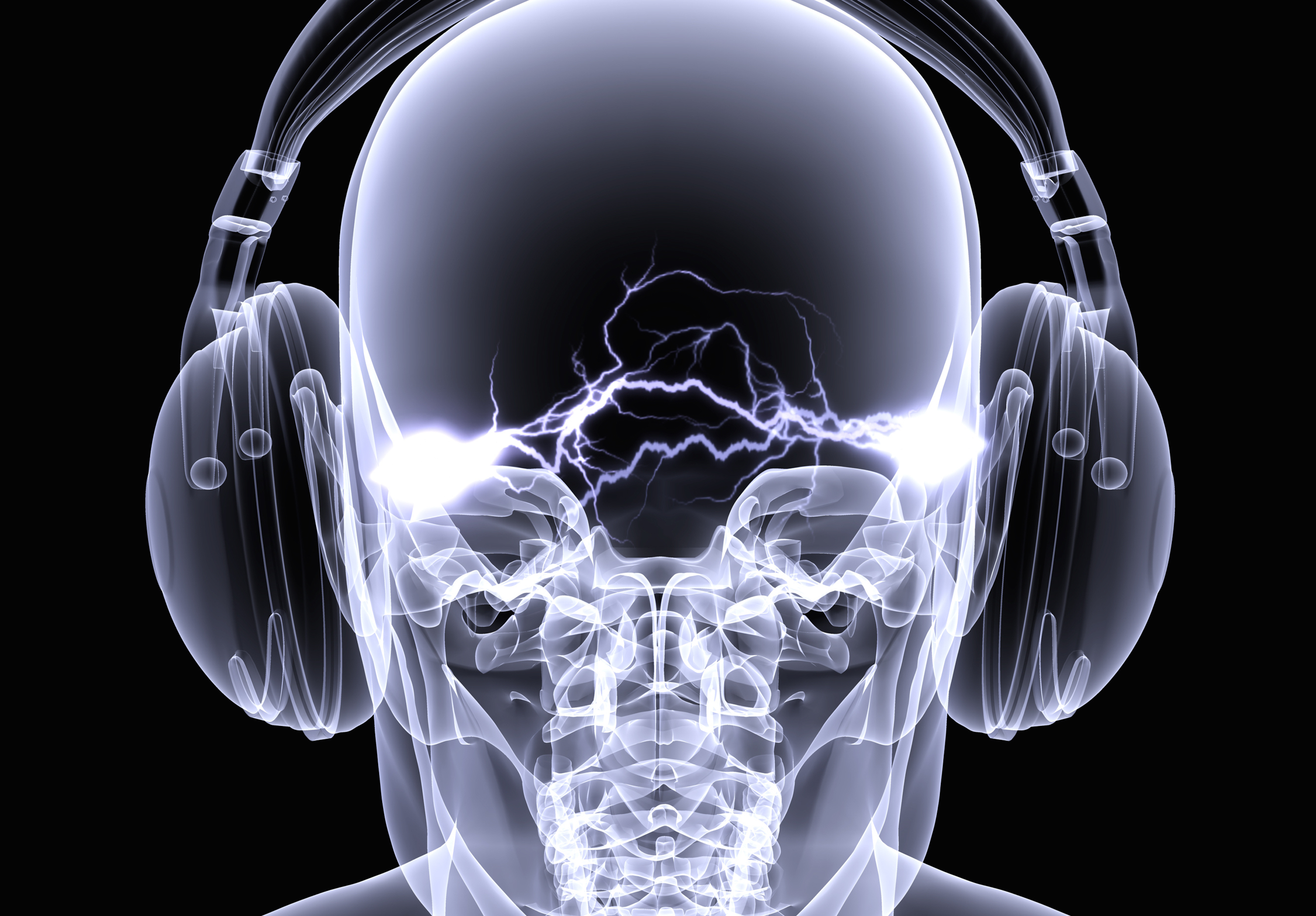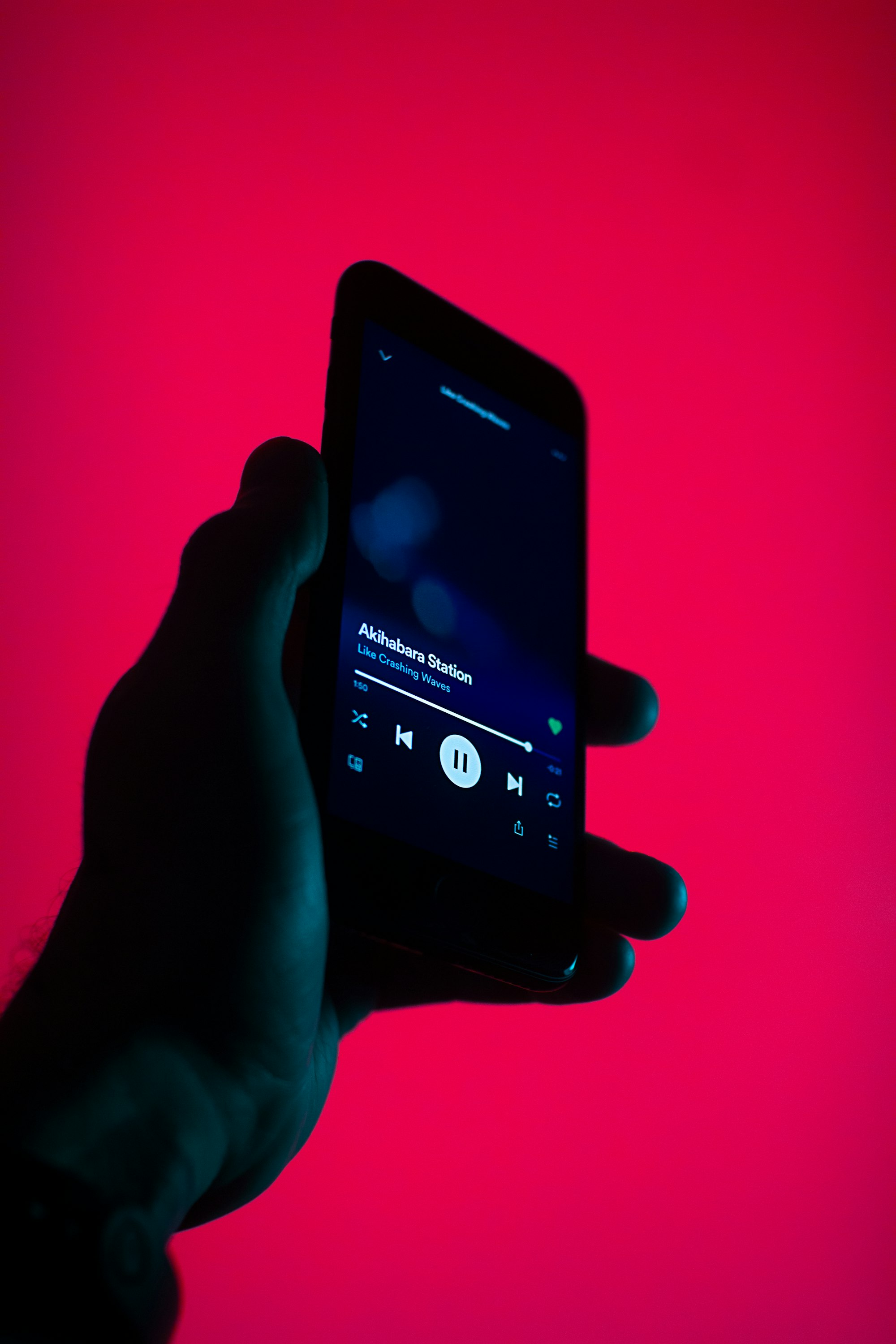Why does music give us 'chills'?

When your playlist hits all the right sounds, your body can go on a physiological joy. Your heartbeat increases and your pupils dilate. The body temperature rises, and blood redirects to your legs. Your forebrain — part of the brain that controls body movements — becomes more active. Your brain floods with dopamine and atingle chills run down your back.
Fifty percent of people get chills while listening to music. Research shows that it happens because music stimulates some part of our brain, encouraging dopamine to fill the striatum — a part of the cerebellum activated by motivation, addiction, and reward. Music seems to have some effect on our brains in the same way that sex, gambling, and tasty food do.
Those dopamine levels can climax seconds before the song’s special moment. That proves that your brain is a good listener—it’s continuously predicting what’s going to happen next. It has something to do with evolution – a handy habit to make reasonable predictions is essential for survival.
But music is tricky. It's often unpredictable, teasing our brains and keeping those dopamine triggers imagining. And that’s where the chills can come in. When you finally hear that long-awaited chord, your brain sighs with dopamine-saturated satisfaction and — BOOM — you get the chills. The greater the accumulation, the greater the chill.
Gray Areas
There are competing theories. Neuroscientist Jaak Panksepp discovered that sad music triggers chills more often than upbeat music. He claims that melancholy tunes activate an ancient, mechanism—a distress reaction our ancestors felt when separated from their family. When a ballad makes us feel nostalgic and wistful, that evolutionary pattern activates.

What’s interesting about Panksepp’s theory, though, is that chills can't make people sad. The experience is extremely positive. Recent research reveals that sad music evokes positive emotions — sadness experienced through music is a bit more pleasant than the sadness you experience from a shitty day at the office.
And this may hint at another theory. The amygdala – part of the brain that processes our emotions, responds oddly to music. A somber tune can activate a fear response in the amygdala, causing your hair stand on end. When it happens, your brain immediately reviews whether there’s any real danger. When it understands there’s nothing to worry about, that fear signal becomes positive. The fear fades, but the chills remain.
Anything Goes
You can feel chills from any kinds of music, whether it’s Bach, Beyoncè, folk, or techno. It’s the structure that values. The chills usually occur when something unexpected happens: a new instrument enters, the bridge starts, or the volume suddenly dims. It’s all about the surprise. However, the most powerful chills can occur when you know what’s coming. When our expectations are being matched, the nucleus becomes more active. This is related to that dopamine-inducing guessing game our brain enjoys so much. As a result, the expectation of the known can enhance the excitement for the chill.
Your personality matters, as well. Scientists at UNC Greensboro discovered that people who are more open to new experiences are more likely to feel goosebumps. Meanwhile, researchers in Germany saw that people who felt chills were unlikely to be thrill seekers, but were more reward-driven.






